Sin Gee Teo
PAODING: A High-fidelity Data-free Pruning Toolkit for Debloating Pre-trained Neural Networks
Apr 30, 2024

Abstract:We present PAODING, a toolkit to debloat pretrained neural network models through the lens of data-free pruning. To preserve the model fidelity, PAODING adopts an iterative process, which dynamically measures the effect of deleting a neuron to identify candidates that have the least impact to the output layer. Our evaluation shows that PAODING can significantly reduce the model size, generalize on different datasets and models, and meanwhile preserve the model fidelity in terms of test accuracy and adversarial robustness. PAODING is publicly available on PyPI via https://pypi.org/project/paoding-dl.
Adversarial Robustness of Deep Neural Networks: A Survey from a Formal Verification Perspective
Jun 24, 2022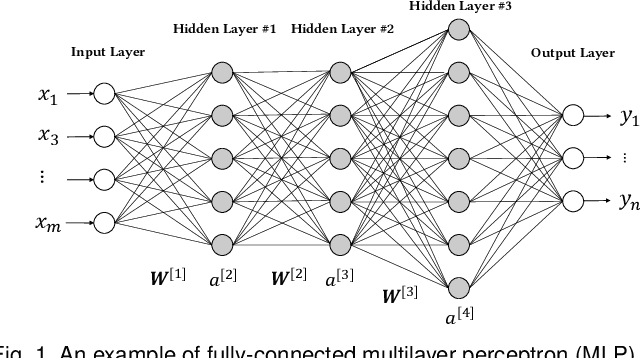
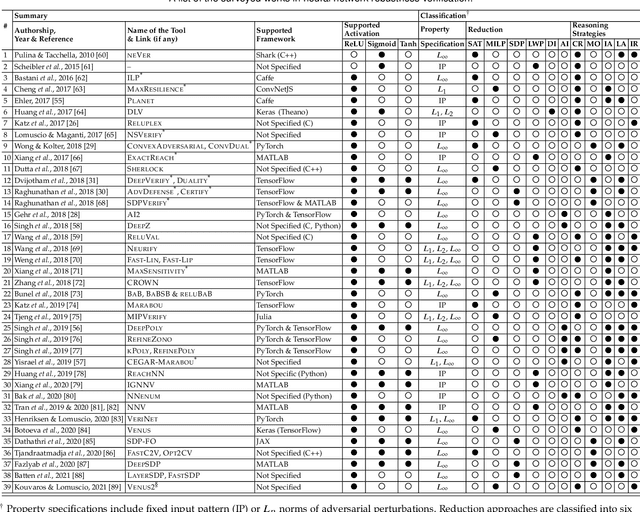
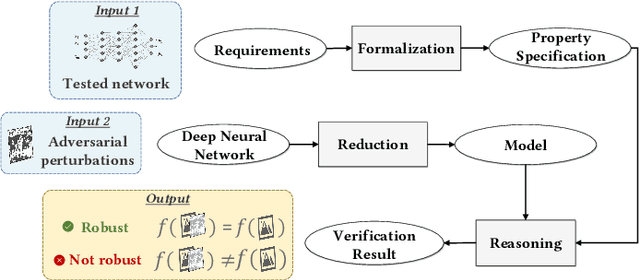
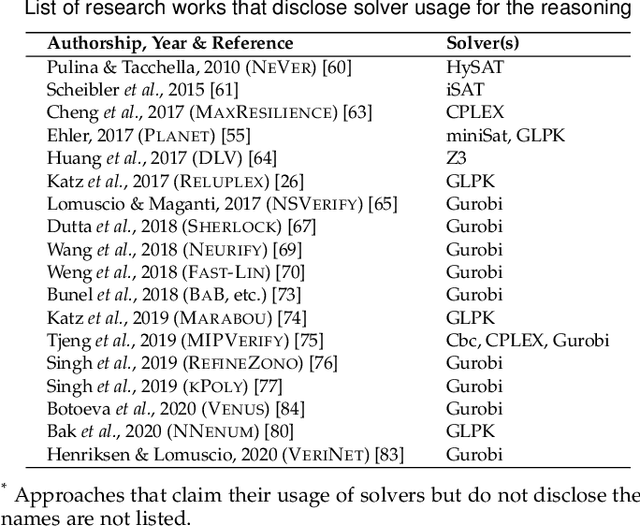
Abstract:Neural networks have been widely applied in security applications such as spam and phishing detection, intrusion prevention, and malware detection. This black-box method, however, often has uncertainty and poor explainability in applications. Furthermore, neural networks themselves are often vulnerable to adversarial attacks. For those reasons, there is a high demand for trustworthy and rigorous methods to verify the robustness of neural network models. Adversarial robustness, which concerns the reliability of a neural network when dealing with maliciously manipulated inputs, is one of the hottest topics in security and machine learning. In this work, we survey existing literature in adversarial robustness verification for neural networks and collect 39 diversified research works across machine learning, security, and software engineering domains. We systematically analyze their approaches, including how robustness is formulated, what verification techniques are used, and the strengths and limitations of each technique. We provide a taxonomy from a formal verification perspective for a comprehensive understanding of this topic. We classify the existing techniques based on property specification, problem reduction, and reasoning strategies. We also demonstrate representative techniques that have been applied in existing studies with a sample model. Finally, we discuss open questions for future research.
Paoding: Supervised Robustness-preserving Data-free Neural Network Pruning
Apr 02, 2022

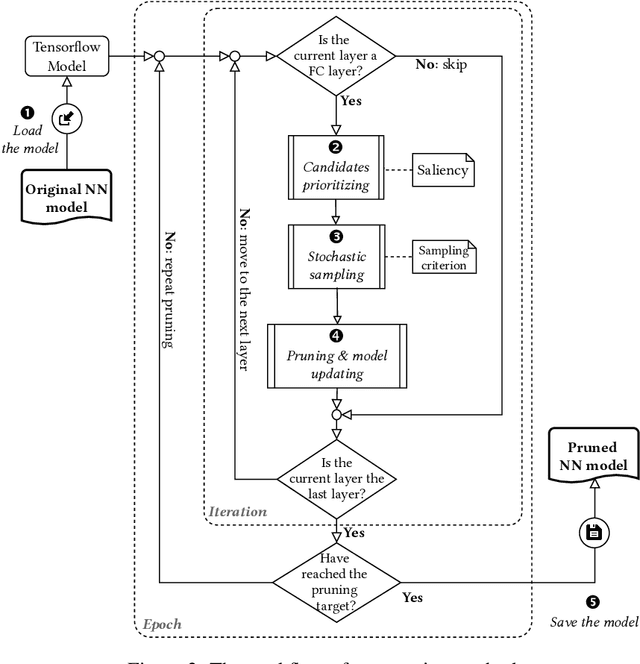

Abstract:When deploying pre-trained neural network models in real-world applications, model consumers often encounter resource-constraint platforms such as mobile and smart devices. They typically use the pruning technique to reduce the size and complexity of the model, generating a lighter one with less resource consumption. Nonetheless, most existing pruning methods are proposed with a premise that the model after being pruned has a chance to be fine-tuned or even retrained based on the original training data. This may be unrealistic in practice, as the data controllers are often reluctant to provide their model consumers with the original data. In this work, we study the neural network pruning in the \emph{data-free} context, aiming to yield lightweight models that are not only accurate in prediction but also robust against undesired inputs in open-world deployments. Considering the absence of the fine-tuning and retraining that can fix the mis-pruned units, we replace the traditional aggressive one-shot strategy with a conservative one that treats the pruning as a progressive process. We propose a pruning method based on stochastic optimization that uses robustness-related metrics to guide the pruning process. Our method is implemented as a Python package named \textsc{Paoding} and evaluated with a series of experiments on diverse neural network models. The experimental results show that it significantly outperforms existing one-shot data-free pruning approaches in terms of robustness preservation and accuracy.
 Add to Chrome
Add to Chrome Add to Firefox
Add to Firefox Add to Edge
Add to Edge